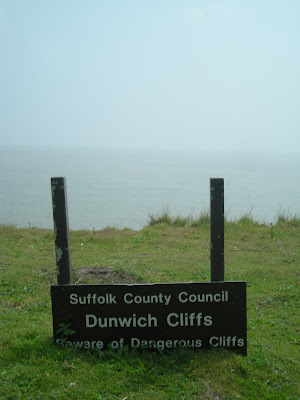
An Interdisciplinary One-Day Conference
British Library Conference Centre, 15 June 2010
For two hundred and fifty years, the English East India Company traded along the shores of Asia,
the Middle East, and Africa. The Company's presence was not only a commercial one: it operated
across a vast region, and came into contact with a huge diversity of cultures and languages.
Company servants had to learn to speak and write both linguae francae like Persian, Arabic,
Portuguese, and Malay, and local vernaculars – or employ those who could. Those who mediated
exchanges between the Company and local inhabitants; dragomans, interpreters, munshis, scribes,
vakils and writers, both profoundly affected Company culture and had their own lives altered by
their new roles. In time, Company settlements also had linguistic consequences for local inhabitants
in general, as the Company came to impact the languages they used at work and school, eventually
contributing to the development of English as a world language. The Company and the educational
establishments and scholarly societies around it, from the Asiatic Society in Calcutta to the EIC
College in Haileybury, produced dictionaries, grammars, manuals and translations in many
languages. These works, the result of collaborations between Asian and European scholars,
contributed to the emerging fields of comparative linguistics and lexicography as well as to
colonial power structures and representations.
Despite the profound influence of the East India Company on the linguistic histories of all
territories it traded in – not least that of England – relatively little work has been done on the
relationship between the Company and language. The aims of this conference are to explore the
potential of the Company records in the India Office and beyond, to chart past and current work,
and to map ways forward, including the possibilities of national and international digitization
projects.
We invite papers from scholars from all disciplines who are interested in exploring the link between
the East India Company and language in its broadest sense. Papers will be pre-circulated to allow
the day to focus on discussion. We welcome contributions on topics such as, but by no means
limited to, the following:
- The factory or ship as a multilingual environment; Company settlements as communities of
practice
- The Company and language contact; ports and merchant quarters; pidgins; creoles
- 'Company languages': loanwords; jargon; Hobson-Jobsonisms; Indian English(es) and 'English
Indian(s)'
- Company documents and stylistics; the Company and the history of business writing
- The Company's agents: interpreters, representatives, and scribes
- Learning and teaching languages: early European linguistic research on Asian languages;
lexicography; the Company and scholarly communities; the teaching of Asian languages in
England; the teaching of languages by the Company in Asia
- Company (language) policy and the politics of language
- The contribution of Asian linguistic thought and techniques to global scholarship on language and
linguistics
- Comparisons and contrasts: language use and policies in the Mughal Empire, the Indian Princely
States, Company settlements outside Asia, Dutch Indonesia, Portuguese Goa, &c.
Please contact Anna Winterbottom (a.e.winterbottom@qmul.ac.uk) or Samuli Kaislaniemi
(samuli.kaislaniemi@helsinki.fi) for more details.
 CALL FOR PAPERS
CALL FOR PAPERS






















